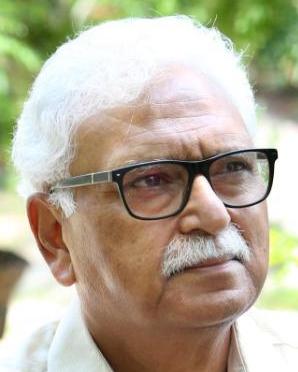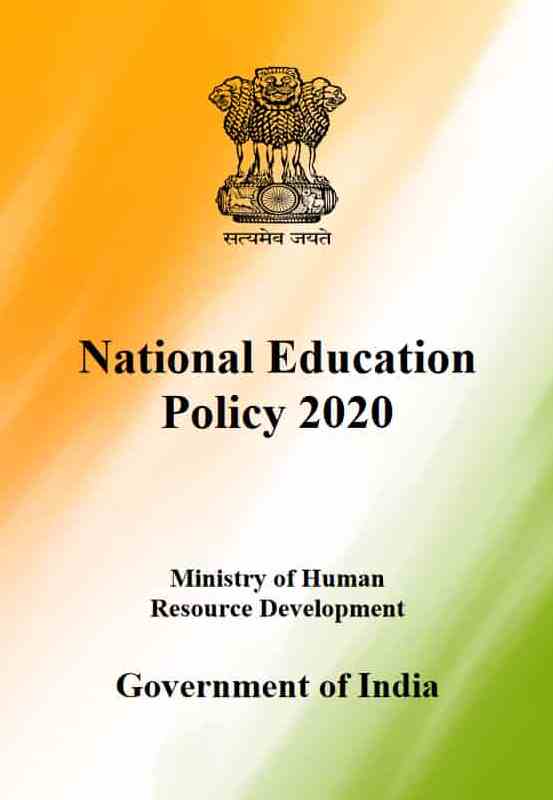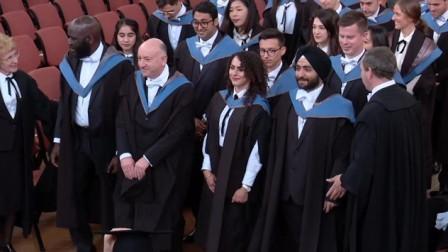

The National Education Policy, released in 2020, had talked of a complete overhaul of higher education system in the country and had promised that “India will be promoted as a global study destination providing premium education at affordable costs, thereby helping to restore its role as a Vishwa Guru”.
 The University Grants Commission (UGC) has now come up with guidelines and regulations for setting up of campuses by leading foreign universities in India. It has led to a debate whether opening the doors for leading global universities would help in any way of restoring the country’s “role as a Vishwa Guru”.
The University Grants Commission (UGC) has now come up with guidelines and regulations for setting up of campuses by leading foreign universities in India. It has led to a debate whether opening the doors for leading global universities would help in any way of restoring the country’s “role as a Vishwa Guru”.
Indeed India had a glorious past where institutions of higher education like Ujjain, Nalanda and Taxila attracted the best of students and teachers. The attempt now being made is to outsource excellence in education rather than providing wings to the highly regulated system governing institutions of higher learning in the country.
The government has also, for the first time, allowed commercialisation of higher education rather than encouraging it as a social responsibility.
The government has apparently calculated that over 4.5 lakh students from the country go abroad every year to study leading to a huge outflow of foreign exchange.

India is considered the second largest “exporters of students” next only to China. Besides the high tuition fee, going up to Rs 50 lakh per year or even more in some of the leading universities, students have to also spend heavily on travel, boarding and lodging.
However the calculations overlook several factors and there are serious challenges which would make it difficult for the proposal to take off.
Even though the UGC’s draft rules have extended several concessions to the foreign universities, including a provision to repatriate funds abroad, it is highly unlikely that top global universities would find it attractive or viable to open campuses in the country.
 The government has even relaxed the norms and has allowed, besides the universities ranked among the top 500 in the world, even those which are otherwise “reputed”. This may provide backdoor entry to some second grade universities as it would be difficult to quantify reputation of such universities.
The government has even relaxed the norms and has allowed, besides the universities ranked among the top 500 in the world, even those which are otherwise “reputed”. This may provide backdoor entry to some second grade universities as it would be difficult to quantify reputation of such universities.
None of the top world universities like Oxford, Yale, Harvard, Cambridge or Stanford have shown any inclination to open campuses in India.
Although the UGC has said that it would allow foreign universities to fix the tuition fee and other charges, it would prefer that there is “transparency” while fixing these charges. The UGC must realise that none of the top foreign universities would set up a campus in India for social service.
Education is highly commercialised abroad and these universities would seek to earn profit. Thus it would be foolhardy to think that any substantial number of students would find it affordable to study in such institutions in the country where leading institutions of higher education, including the IIMs and IITs, are heavily funded by the government.
Another factor that the UGC might have overlooked is that the main attraction for a majority of students studying abroad is to settle down in those countries.
 In fact it is the most sought after route for those keen on immigration, particularly from the northern parts of the country, and they are least bothered about the quality of education. Most of them take admission in second or third grade institutions just to pave the way to find jobs and ultimately settle down in those countries.
In fact it is the most sought after route for those keen on immigration, particularly from the northern parts of the country, and they are least bothered about the quality of education. Most of them take admission in second or third grade institutions just to pave the way to find jobs and ultimately settle down in those countries.
Attempts in the past to allow foreign universities in the country had not got off the ground for a variety of reasons. The last attempt was made by the UPA government which was, ironically, opposed by the Bharatiya Janata Party as well as the left parties.
It is worthwhile mentioning that the private sector has by and large refrained from investing in higher education in the country due to a highly unreliable and unpredictable regulatory system in the country. Even the latest guidelines by the UGC talks about “transparency” in fixing fees and providing salaries and perks to the faculty.

It is highly unlikely that top class faculty would shift to India unless the terms are made highly attractive. The regulatory body’s constant interference in the affairs of institutions, particularly the private institutions, have been killing initiatives and proving an obstacle for the independent development and growth of such institutions.
Also Read: Edu Institutions: Old War Horses Need Some Flogging
The cause of improving the standard of education in the country would be hardly served by allowing foreign universities. Most private sector institutions would lack the financial muscle to compete with foreign institutions. Instead it would have been better to allow a more generous collaboration between the Indian and foreign universities as a first step to help improve the standards of education in the country. ![]()
___________
Also Read:
Industrialization versus Environmental Degradation
Centre’s Opaque Auction Rules For Pulses Rip Off Govt Coffers, Help Millers Strike Rich
Need to amend laws like UAPA to provide for punishment for those who slap false cases
Global Arms Trade: Who are the real winners?
Why not 40 pc tickets for women in Punjab and elsewhere?
Punjab – How a deadly cocktail of Agri-Water-Energy nexus going to destroy it?

Disclaimer : PunjabTodayTV.com and other platforms of the Punjab Today group strive to include views and opinions from across the entire spectrum, but by no means do we agree with everything we publish. Our efforts and editorial choices consistently underscore our authors’ right to the freedom of speech. However, it should be clear to all readers that individual authors are responsible for the information, ideas or opinions in their articles, and very often, these do not reflect the views of PunjabTodayTV.com or other platforms of the group. Punjab Today does not assume any responsibility or liability for the views of authors whose work appears here.
Punjab Today believes in serious, engaging, narrative journalism at a time when mainstream media houses seem to have given up on long-form writing and news television has blurred or altogether erased the lines between news and slapstick entertainment. We at Punjab Today believe that readers such as yourself appreciate cerebral journalism, and would like you to hold us against the best international industry standards. Brickbats are welcome even more than bouquets, though an occasional pat on the back is always encouraging. Good journalism can be a lifeline in these uncertain times worldwide. You can support us in myriad ways. To begin with, by spreading word about us and forwarding this reportage. Stay engaged.
— Team PT


Copyright © Punjab Today TV : All right Reserve 2016 - 2024 |